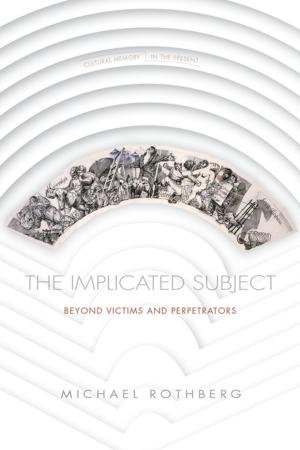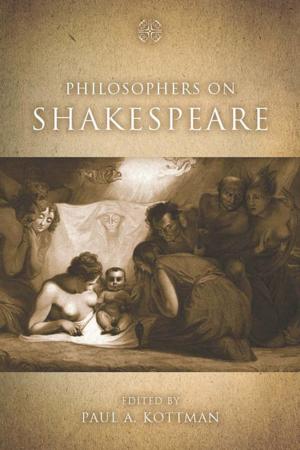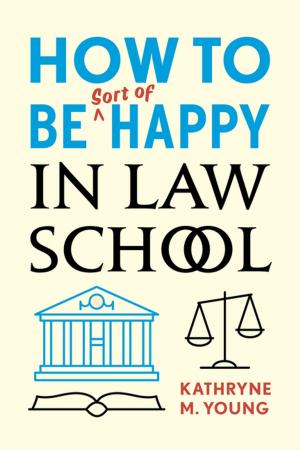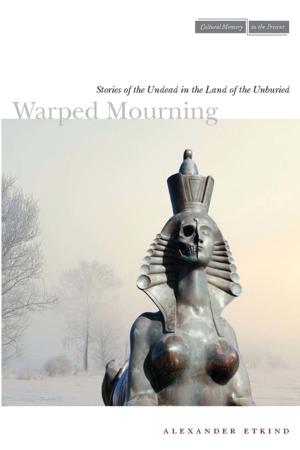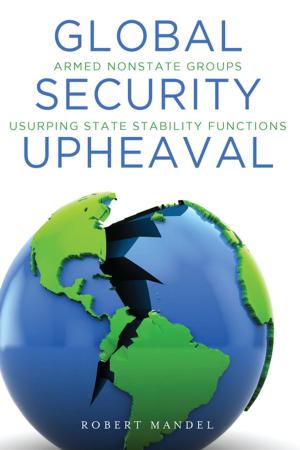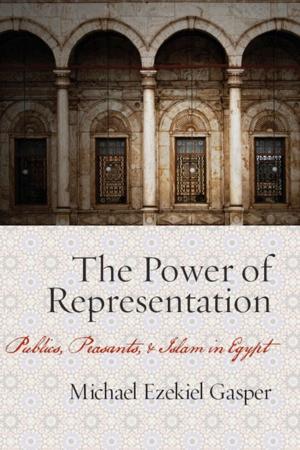| Author: | Brenda Machosky | ISBN: | 9780804773508 |
| Publisher: | Stanford University Press | Publication: | December 18, 2009 |
| Imprint: | Stanford University Press | Language: | English |
| Author: | Brenda Machosky |
| ISBN: | 9780804773508 |
| Publisher: | Stanford University Press |
| Publication: | December 18, 2009 |
| Imprint: | Stanford University Press |
| Language: | English |
Thinking Allegory Otherwise is a unique collection of essays by allegory specialists and other scholars who engage allegory in exciting new ways. The contributors include Jody Enders, Karen Feldman, Angus Fletcher, Blair Hoxby, Brenda Machosky, Catherine Gimelli Martin, Stephen Orgel, Maureen Quilligan, James Paxson, Daniel Selcer, Gordon Teskey, and Richard Wittman.
The essays are not limited to an examination of literary texts and works of art, and in fact focus on a wide range of topics that includes architecture, philosophy, theatre, science, and law. The book proves the truth of the statement that all language is allegorical, and more importantly it shows its consequences. To "think allegory otherwise" is to think otherwise— to rethink not only the idea of allegory itself, but also the law and its execution, the literality of figurative abstraction, and the figurations upon which even hard science depends.
Thinking Allegory Otherwise is a unique collection of essays by allegory specialists and other scholars who engage allegory in exciting new ways. The contributors include Jody Enders, Karen Feldman, Angus Fletcher, Blair Hoxby, Brenda Machosky, Catherine Gimelli Martin, Stephen Orgel, Maureen Quilligan, James Paxson, Daniel Selcer, Gordon Teskey, and Richard Wittman.
The essays are not limited to an examination of literary texts and works of art, and in fact focus on a wide range of topics that includes architecture, philosophy, theatre, science, and law. The book proves the truth of the statement that all language is allegorical, and more importantly it shows its consequences. To "think allegory otherwise" is to think otherwise— to rethink not only the idea of allegory itself, but also the law and its execution, the literality of figurative abstraction, and the figurations upon which even hard science depends.

